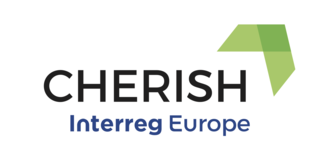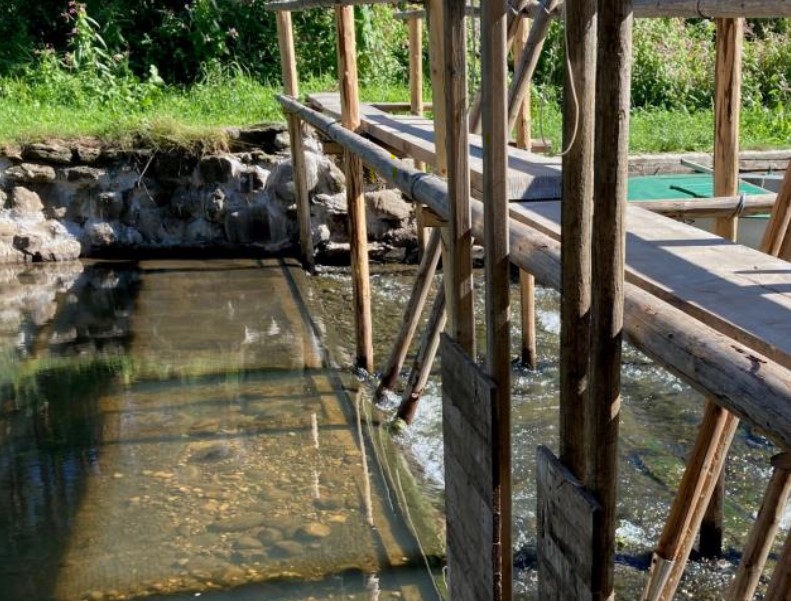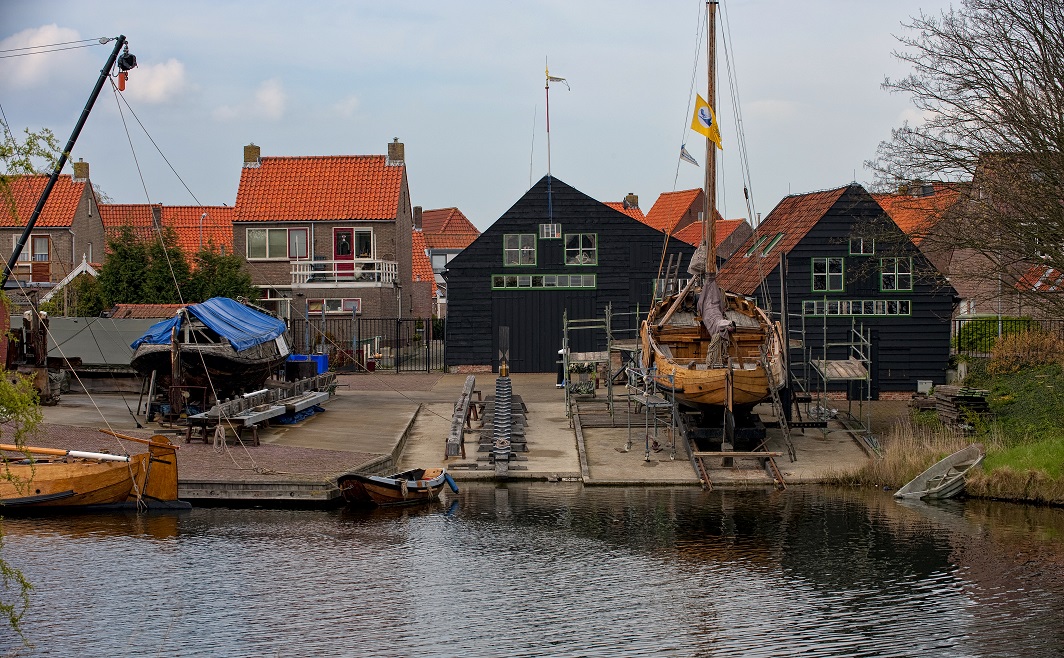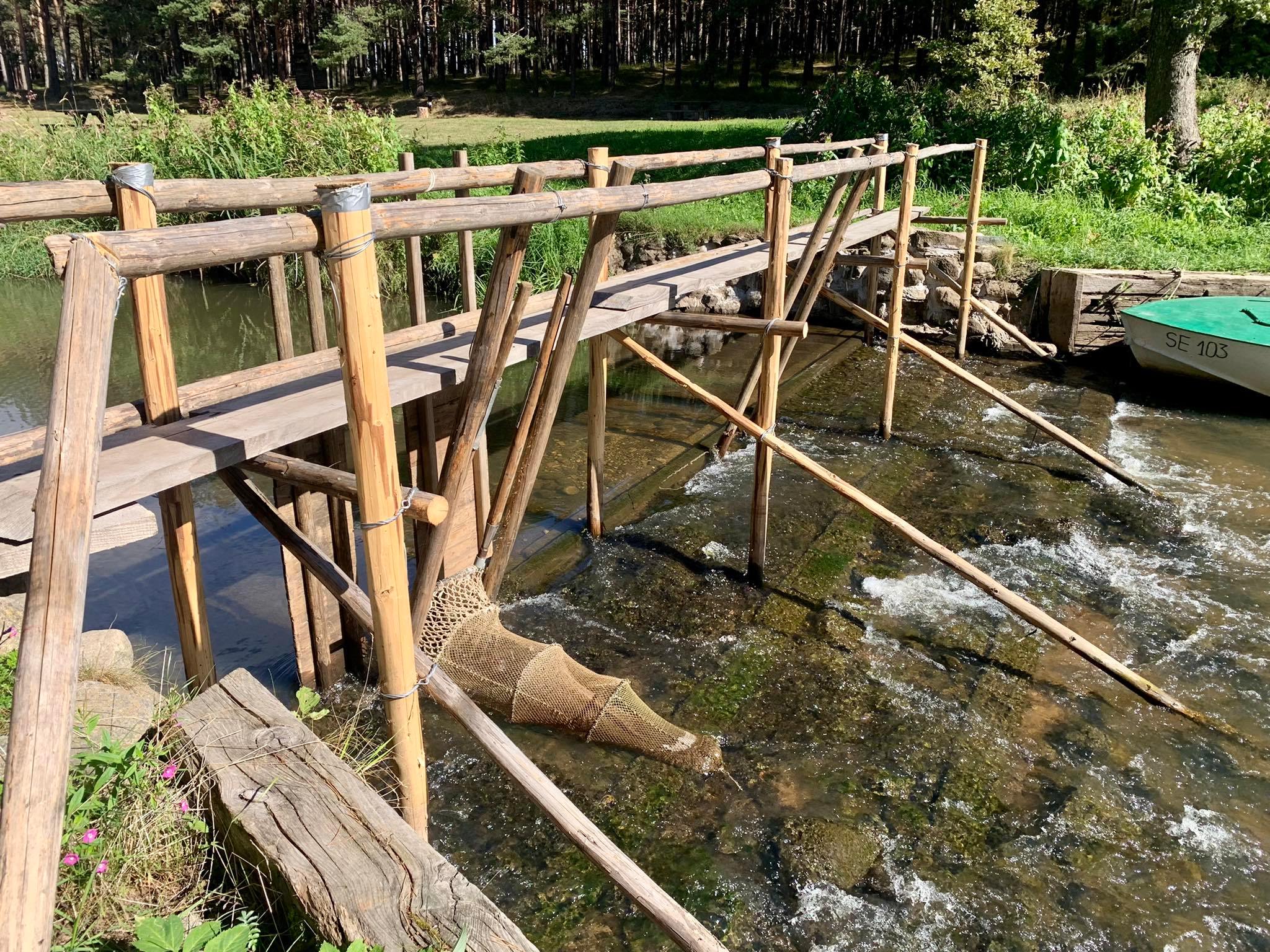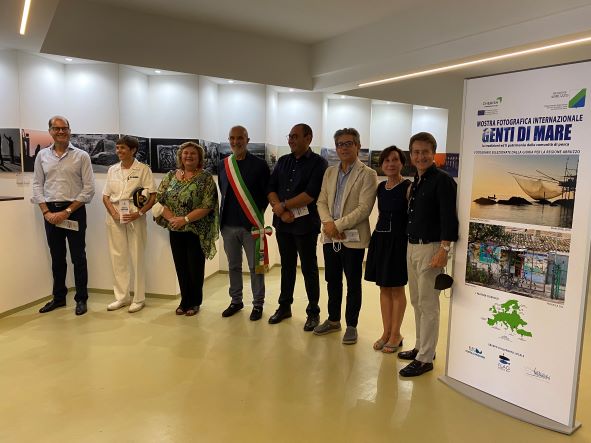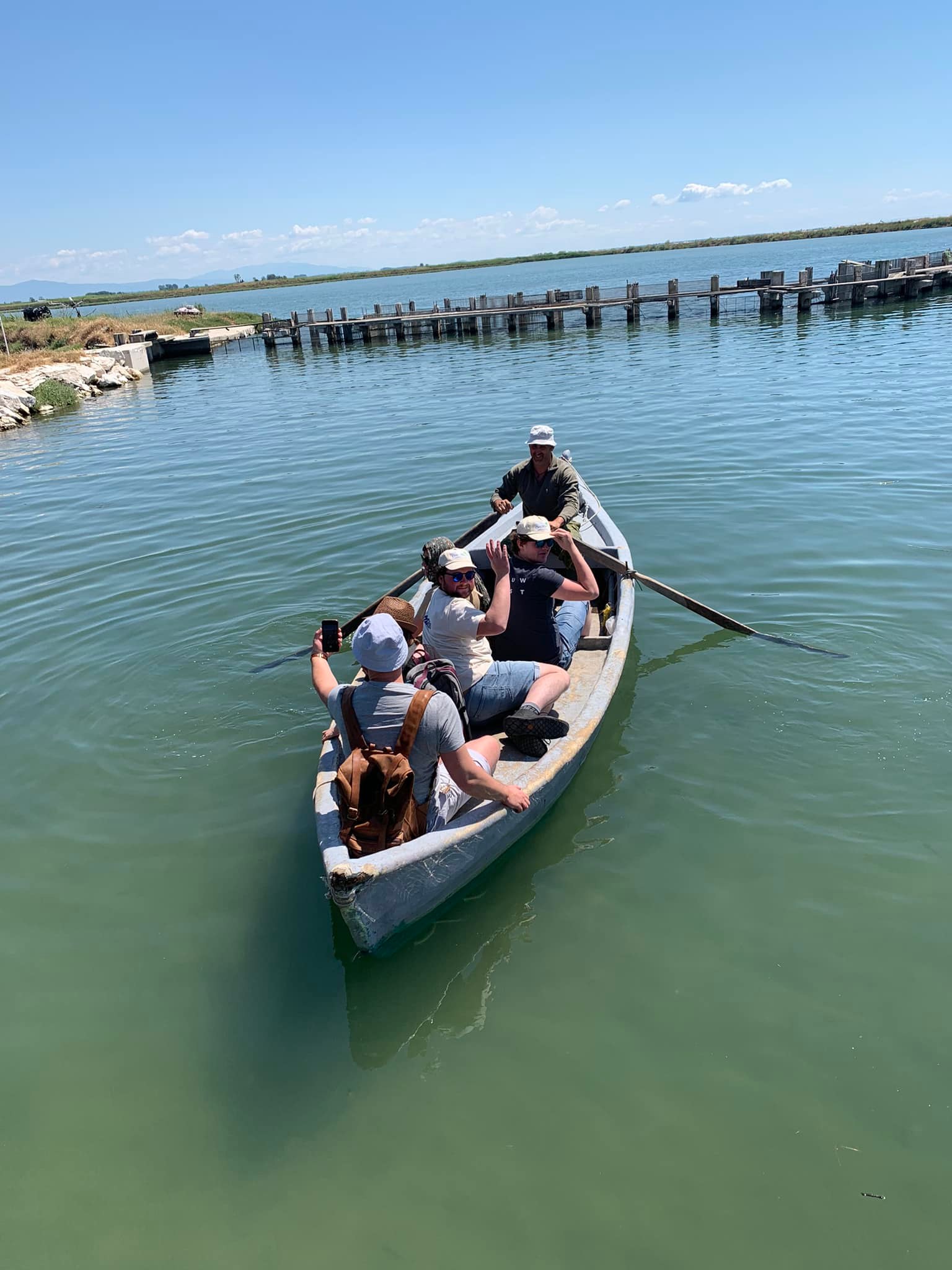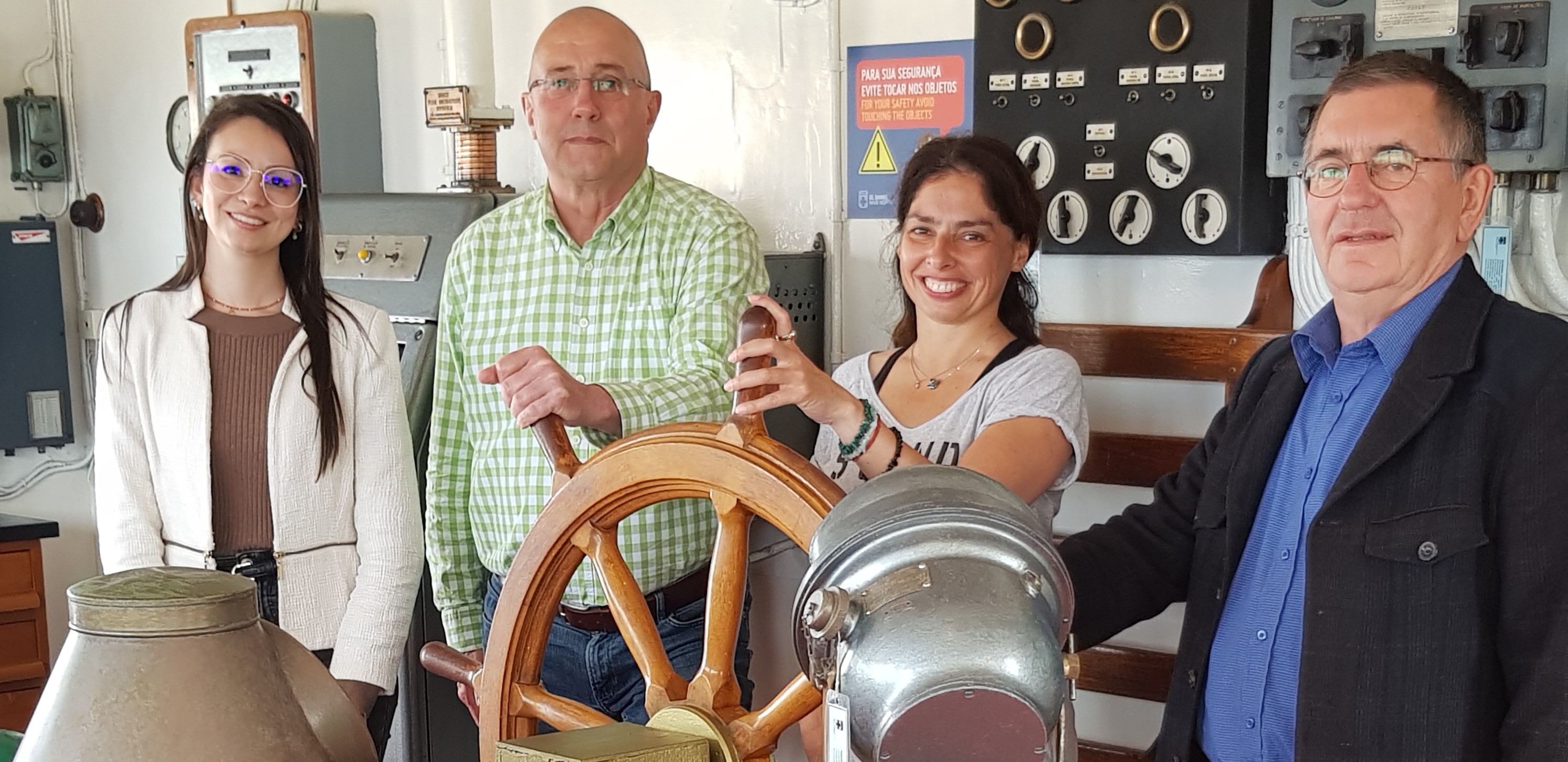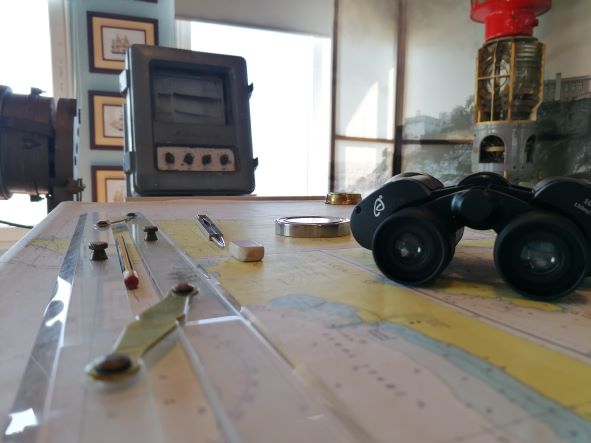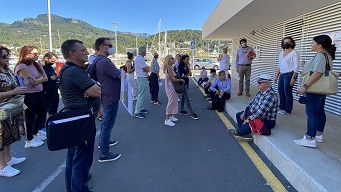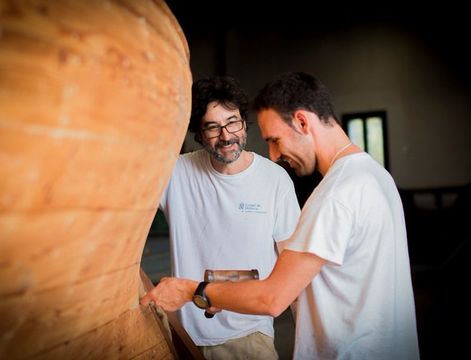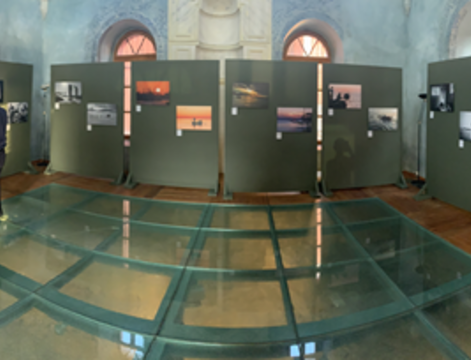During the 4th Interregional Learning and Exchange of Experience Event (ILEEE) in Alto Minho, October 24, the 2nd Traditional Ecological Knowledge (TEK) workshop took place. During the one-day event practical aspects of TEK within the Alto Minho region were covered and a round-table discussion took place with all the CHERISH partners on how to progress their TEK work.
The definition of TEK that is used during the project, goes as follows: “the cumulative body of knowledge held by community members due to long affiliations to specific landscapes and generational transmission. The term “knowledge” refers in the context of fisheries to the way fishing communities know their waters and seas. It is usually expressed in local languages and dialects, including specific terms for fish, weather, sea conditions, waves, currents and place names”.
A number of examples of traditional ecological knowledge within the Alto Minho region were presented to the CHERISH partners during the second TEK workshop.
The Pesqueiras do rio Minho (traditional fishing traps) used to catch lamprey on the river Minho were introduced to the group by Álvaro Campelo, a local anthropologist. The CHERISH partners learned about the intimate understanding of nature by local fishers of the Minho. Also, about how a successful catch relies upon centuries of knowledge passed down through families who have fished the same stone fish traps, combined with a deep understanding of lamprey behaviour. We also heard about the fishers’ use of environmental indicators, like the flowering time of a specific plant and environmental factors like water level in the river, determining when and where they would put out the lamprey fish traps in the Minho.
One of the other examples has been identified as a good practice and could be transferred to other regions which struggle with safeguarding and promoting cultural heritage. It’s a platform called Lugar do Real and this platform uses a modern way to preserve the TEK of the region and to disseminate it to the greater public. They create audio-visual material which is presented at an attractive website and shared through various outlets such as social media. The main objective of the platform is to disseminate and enhance the social image of fishing and professionals of the fishing sector in the “Aldeias do Mar” territory, as well as safeguarding the memory of “this present” in accelerated transformation. They work together with the local community, fishermen, and schools to create video content. More than 30 videos have already been published on different topics such as gastronomy, traditions, and museums. And the platform has had over 2 million visits. The project partners believe they could reach an even greater public by also providing an English translation so an even bigger audience can learn about the traditional ecological knowledge of Alto Minho. Lugar do Real is a platform which could be set up by different institutions or non-profit organisations in other regions: the idea of creating video content which is interesting and fun to watch about local traditions and knowledge is quite simple, but its impact can be enormous.
In Alto Minho, seaweed harvesting has been practiced by many generations, and during this ILEEE a visit was paid to one of few people who still works as a harvester. The so-called Sargasso has been used for centuries as a fertilizer and was an important part of life for everyone living near the river, but as the practice is disappearing, efforts are made to preserve the knowledge and promote it in a way to make sure the general public gets to know the custom. Ideas have come up such as turning the harvesting tradition into a festival during which the public can experience the work of a seaweed harvester, or developing cosmetic and gastronomic products from the seaweed in order to create a new market.
Different kinds of traditional ecological knowledge call for different solutions in order to preserve them, but the communities in which CHERISH is active are working hard to share ideas and experience and to come up with the most suitable plans. Building on the foundations set out in the first TEK workshop in Finland, the second workshop has resulted in a defined work plan for each of the CHERISH partners engaging in TEK work. This TEK work will continue in the context of regional co-learning and dialogue on issues related to traditional ecological knowledge.
For the 2nd TEK report click here.
